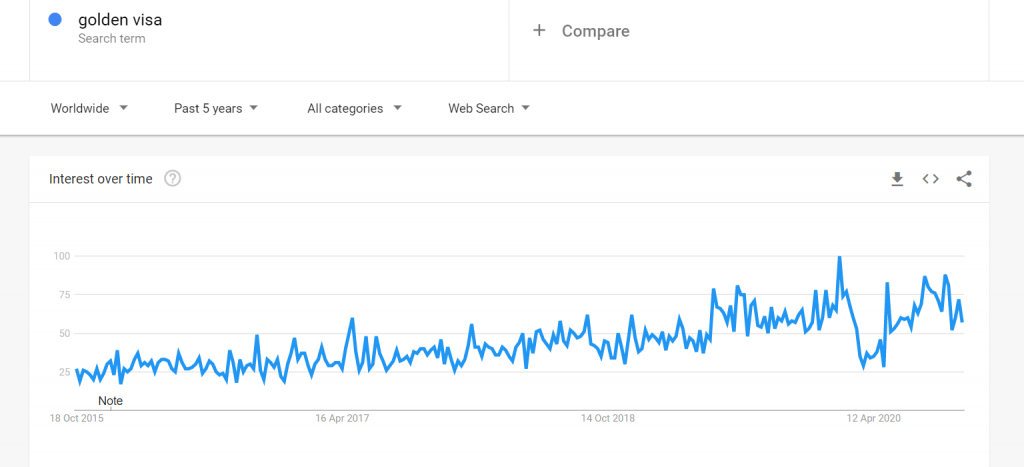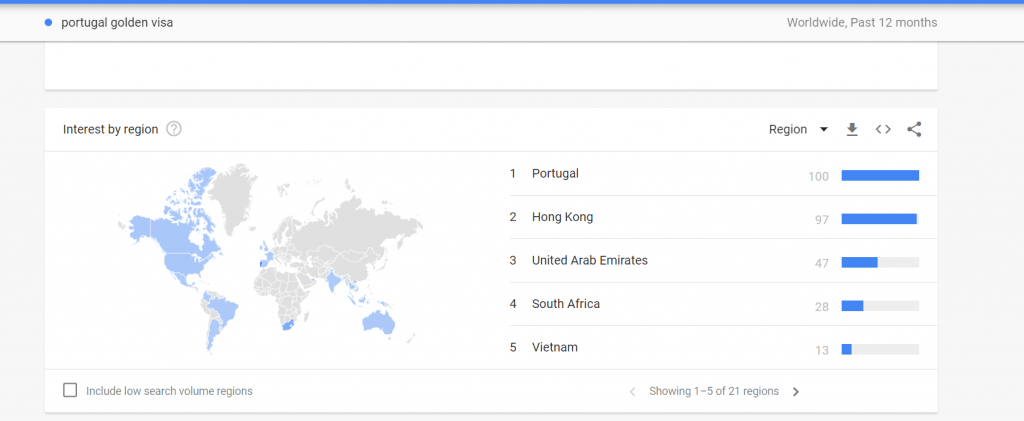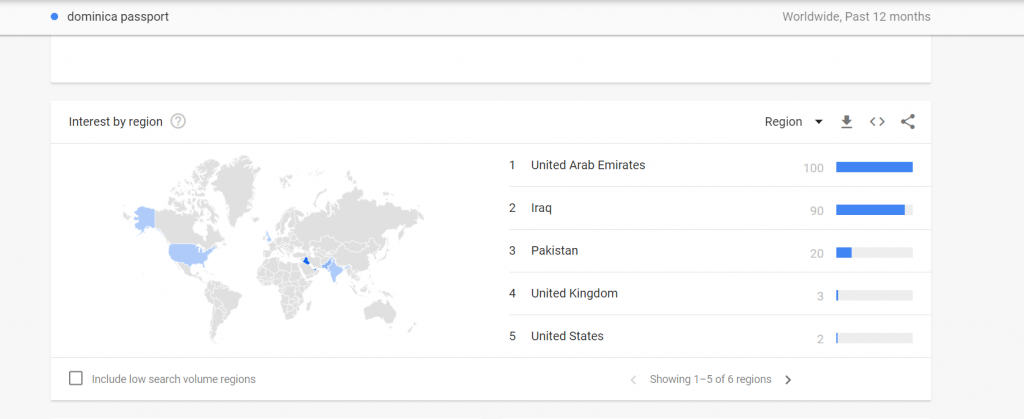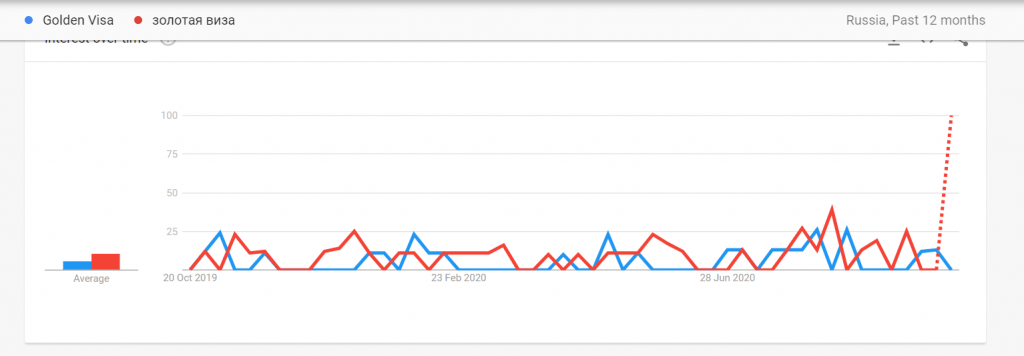7 Ways to Super-Charge Your RCBI Content Marketing After COVID

Anatoliy’s Analysis
With Anatoliy Lyetayev
Anatoliy Lyetayev covers topics that help industry professionals be more efficient, do more business, and make more money.
The Coronavirus pandemic shook the world to its core, suddenly taking over the globe and changing our way of life. Its impact seeped into every aspect of our existence; travel, economic, political, and social landscapes all had to adapt to a new way of doing things. There is a silver lining, however, as businesses have been unknowingly preparing for this moment.
We live in a digitized world, where the globe is smaller than ever before. Almost anything you think of can be obtained through a few clicks or taps. This cybernetic stage has made it simpler for businesses to reach and service clients, even in the absence of our coveted office spaces.
Financial transactions, obtaining documentation, providing information, and much more can now be done remotely. Little wonder, then, that clients have become accustomed to doing things from the comfort of their own homes; overlooking the need for an increasing number of face-to-face meetings. This is apparent in the RCBI industry by a global increase in searches for immigration and second passport related terms in 2020. The image below, for example, shows the increase in searches for “golden visa” on Google through the past five years.

For RCBI companies that have failed to computerize their operations, it may be too late to hop on the bandwagon, but for those who have digitized their services, now is the time to reap the rewards, and here are seven tips to help you do just that:
#1 – Use Google Trends
Google Trends is an astonishingly versatile tool to use when researching global markets. It can help you identify which markets have greater awareness of specific services, making it easier for you to target any given market through specialized campaigns.
You may be targeting multiple markets, let’s say Dubai and Hong Kong, for example, two of the most prominent RCBI markets in the world, and you want to decide on which one to invest your marketing budget in. If your firm is more focused on Portugal’s golden visa, Google Trends can help you identify which market will be more receptive to your product. The image below shows that Hong Kong has a higher trend than the UAE for the search term “Portugal Golden Visa”, almost matching that of Portugal itself.

If you are more focused on Dominica CBI however, Google Trends shows that the UAE is the dominant market for the search term “Dominica Passport”, while Hong Kong is not even in the top five results, as shown in the image below.

#2 – Compare official statistics with Google Trends
Google Trends can also provide you with higher visibility when considered alongside official statistics released by governments. Portugal, St. Lucia, and Antigua & Barbuda for example provide the public with detailed statistics of their RCBI programs. Comparing these statistics with the information provided by Google Trends can give you a more in-depth understanding of the market you are targeting.
Taking Antigua & Barbuda’s CBI as an example, the Caribbean nation’s CIU released statistics for 2018 showing that citizenship applications by Russian nationals increased throughout the year. Google Trends also shows an increase in searches for keywords of “Antigua Barbuda” in the same time frame.

Combining Google Trends with official statistics can greatly increase your insight into potential markets and help your marketing work dynamically to know who to target for which program, instead of the gung-ho approach that costs hefty amounts in hopes of getting good returns.
#3 – Mind your language
While we may all tend to revert to English when searching for keywords, one must keep in mind that different markets have different languages, and many of them discard searching in English in favor of their mother tongue.
Take the image below as an example; compare the trend in the past 12 months for the term “Golden Visa” in Russia (blue line), compared to its Russian translation of “золотая виза” (red line). It is apparent the trend is present for both, albeit a bit higher in the Russian language. Using only one language may lead to disregarding half of your potential market.

English is acceptable for use in multi-cultural economic hubs such as Dubai or Hong Kong, but do consider mother-languages and/or second languages in other high-quality markets, for example, French in Congo or Lebanon.
#4 – Google is big, but it isn’t the only one
When someone mentions the words “search engine”, our minds immediately skip to Google. Yet, focusing all our efforts through Google could prove a mistake in some markets. In Russia, for example, 50% of the population uses Yandex, a popular search engine in the Federation. China has Baidu, another strong search engine that accommodates the tastes of the Chinese populace, while the USA has more goliath companies with search engines such as Bing and Yahoo!.
The idea of advertising with these alternative search engines does not lay only in increasing your outreach, but in saving money as well. Advertising through these mediums can prove less costly than doing so through Google, and they may yet lead to similar results. It is encouraged you research the consumer behavior and favored mediums of any potential market you target.
#5 – Organic is better (and we are not talking about food)
There are two main types of user traffic; cold and hot. Cold traffic concerns users who enter your website through a paid social media ad, free ads, or search engine listings. Hot traffic is what returning (or familiar) users are called, those who know your website and come to it directly. Experts claim that hot traffic can convert more than 20 times the conversion rate of cold traffic. Hot traffic also proves easier to deal with, as it is much more predictable than social media traffic.
What all experts agree upon, however, is that organic is much more trusted by users. According to various studies, more than 80% of people trust organic search results over paid ones. The beauty is in the science, or art, of SEO optimization; something that you have more visibility and control over, making it easier to predict how hot traffic users will behave and how you can successfully convert them into leads.
#6 – Always compare conversion costs
Targeting multiple markets at once may be one way to boost your bottom line, but keep in mind that different markets come with varying costs. Acquisition costs in Dubai or Hong Kong, for example, are much higher than those in South Africa or Pakistan.
Understanding not only how much you get but also how much you pay is paramount to your company’s overall growth. Take into consideration the time and money spent on each lead conversion in each market as it may highlight a goldmine you were purblind to before.
#7 – The As and Bs of testing
AB-testing of your campaigns and ads in different markets is imperative. No theoretical knowledge can compensate for practical experience and by AB-testing your methods on a market for 2-3 weeks, or an outlay of US$3-5,000, you can better determine the market’s suitability for an all-out marketing advance.
You can try different approaches for a couple of months, and one or two successful conversions in that period should not only cover the costs but make you a profit. Add that to the invaluable knowledge your firm gained, and it is a fine deal by any standard.
Set a plan, and test the waters
The digitization of the business world has given us a chance to revamp the investment migration industry. No need for endless and exhausting business trips. There is no need to rent office space for 3 months to test the market; all of it can be done with a few clicks. You can now get a good feel for a market without the need to open a fully operational branch.
When considering approaching a new market, study the landscape, choose a location, calculate a budget, test the waters, and – if they are to your liking – dive right in.
I am a former human rights lawyer turned founder of global citizenship and residence advisory company Migronis Citizenship
We can choose where to live and do business. I have been living in different countries, such as the USA, Brazil, Portugal. I test countries and evaluate them according to my criteria. Therefore, I know what to offer my clients.
I appreciate the freedom of movement. That is why I help others get it.



